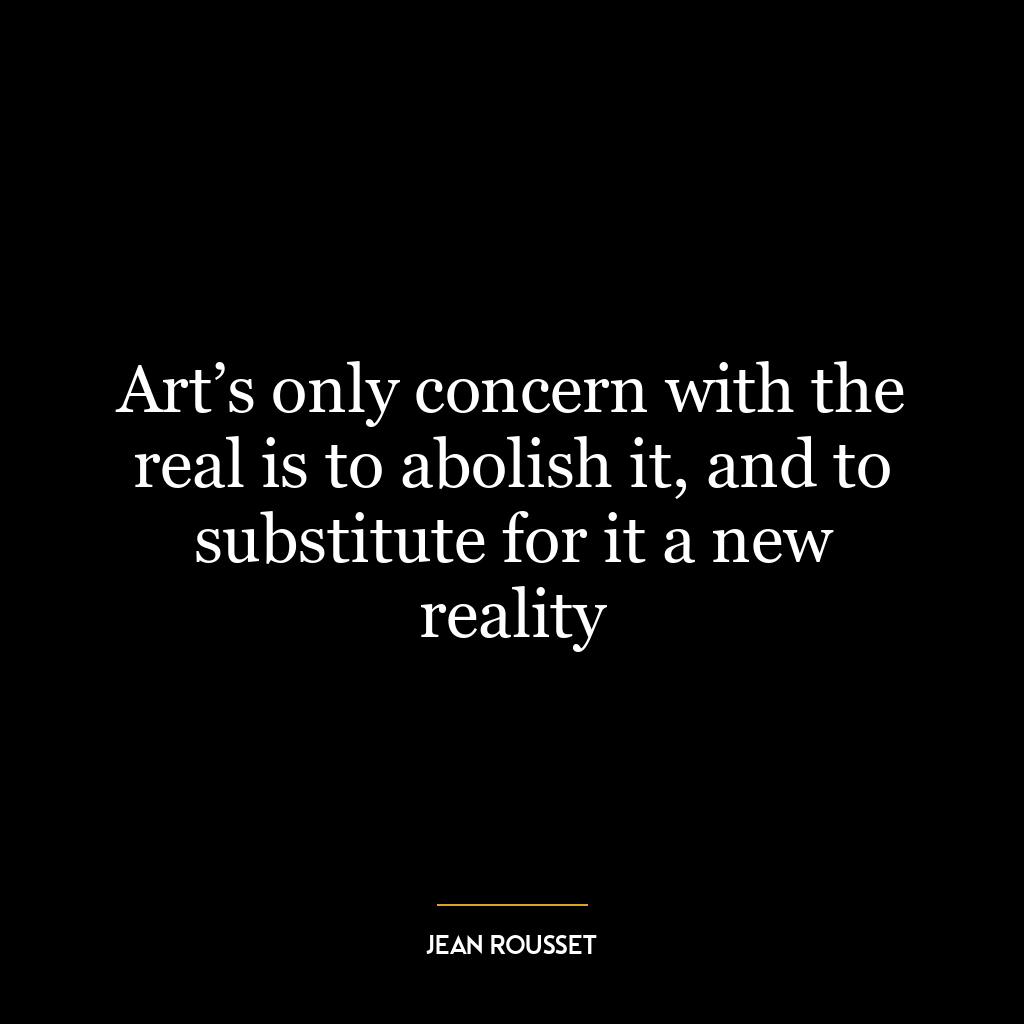When we come to the end of self we come to the beginning of Christ.
This quote, “When we come to the end of self we come to the beginning of Christ,” is a deeply spiritual statement that encapsulates a core concept in Christian theology. It suggests that true understanding and acceptance of Christ begins when one exhausts their own ego or self-reliance.
The term ‘end of self’ can be interpreted as reaching a point where you realize your limitations as an individual and acknowledge that you cannot control everything around you. It’s about letting go of your pride, your arrogance, and your belief in being completely self-sufficient. This could stem from experiencing hardships or failures which make us realize our vulnerability and dependence on something greater than ourselves.
The ‘beginning of Christ,’ on the other hand, refers to embracing faith in Jesus Christ – acknowledging his teachings, surrendering control to him, and seeking guidance from him instead. According to Christian belief, this is when one truly starts their spiritual journey towards salvation.
Applying this idea in today’s world or personal development could mean recognizing the importance of humility and surrendering control for personal growth. In an era where individualism is highly valued, it can be easy for people to become overly focused on themselves – their ambitions, desires, achievements – often leading them towards stress or disappointment when things don’t go as planned.
By coming “to the end” of ourselves – acknowledging our flaws and limitations – we open up space for growth by seeking guidance outside ourselves whether it’s through faith like Spurgeon suggests or through other means like mentorship or community support.
In essence, this quote encourages us not just towards religious devotion but also towards personal humility; reminding us that recognizing our limitations can pave way for growth whether spiritual or otherwise.









